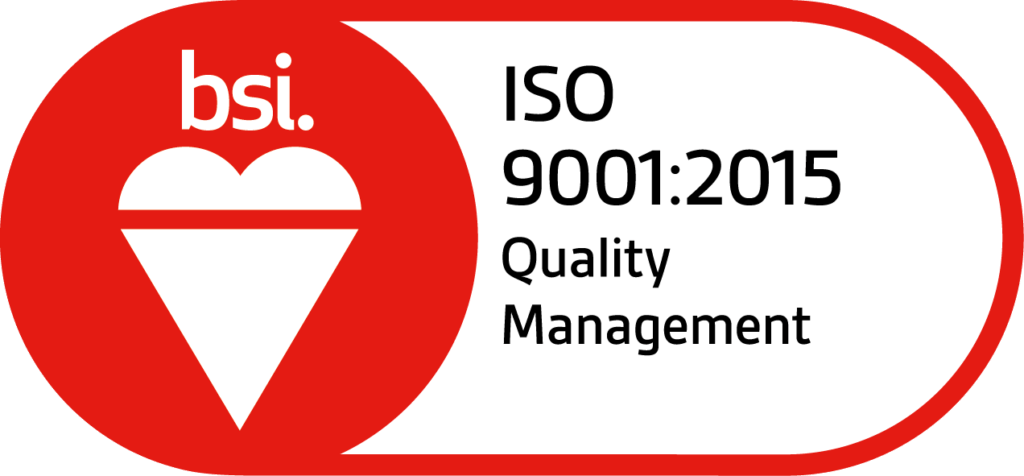How to disinfect during the time of COVID-19
Washing thoroughly hands and disinfecting the surfaces has never been more important, than now, where COVID-19 challenge is testing us. The aim is to eradicate the virus responsible for the pandemic.
COVID-19 is a respiratory virus that spreads mainly through the breath droplets of infected people, for instance when they sneeze, cough or blow their nose.
We were told many times, that washing hands is the first action to take to beat the virus.
Okay, that’s clear. It’s an action that we have always made, since childhood. But what changes today?
Today, we need to be more careful.
Today we must not limit ourselves to a quick rinse under the jet of water, with a scrub of soap. No.
Hands should be rubbed with soap for at least 40 seconds (60, if we want to be precise) and a careful washing procedure must be followed.
To explain it better, the website of the Health Ministry and of the WHO shared an infographic that shows, in detail, how to wash your hands in an optimal way, to be sure to remove the virus.
It’s simple and you can’t go wrong, but there are some precautions to be taken. Let’s see which ones:
• remove any jewelry;
• scrub your nails too;
• it is preferable to use hot water for washing;
• in public places or in at the workplace, opt for disposable wipes to dry your hands and to turn off the tap.
What can you do when you are away from home or you cannot use soap and water to wash your hands?
In this case, gels and alcohol-based products (with an alcohol concentration of at least 60%) are the best solution, since they guarantee maximum hygiene and safety, even outside the house.
How to disinfect surfaces
We got it, washing your hands is certainly important, but it is useless if the surfaces that are most used and touched have not been disinfected and sanitized.
There are surfaces most exposed to viruses, such as door handles, desks, keyboards, supermarket trolleys, elevator buttons and intercoms.
But there are also other surfaces that can be the perfect receptacle for virus and bacteria, such as split air conditioners, fan coils or ventilation ports.
On the other hand, these are the machines present in most environments in charge of circulating the air.
That’s why it is important that we pay special attention to these elements.
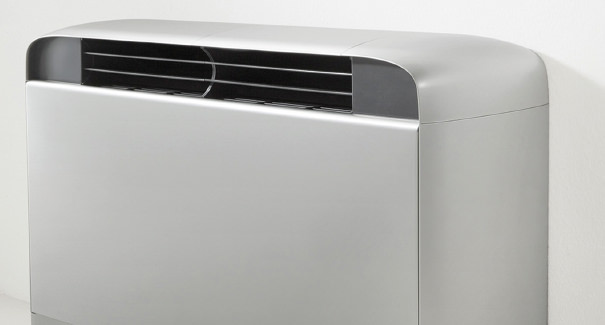
The Ministry of Health was clear also in this case: the advice is to prefer disinfectants containing alcohol (ethanol) at 75%, or solutions of hydrogen peroxide at 0.5%, or sodium hypochlorite at 0.1 %- 0.5%.
It is also important to let the products act on the surfaces for about 30 minutes before removing them: only in this way you can be sure of the sanitizer’s effectiveness.
Pay careful attention to change often the clothes or sponges used for the cleaning.
The advice of our technicians
Manta technicians recommend some products, ideal for sanitizing domestic and work environments.
Let’s find out together:

- Spray Medical 400 ml: bactericidal disinfectant for a broad range of uses and certified for medical devices. It has a disinfectant, deodorizing action and it is suitable for many surfaces and objects. It does not require rinsing.
- Pharma G Disinfettante 5 L: liquid cleanser disinfectant with deodorant for a broad range of uses. Perfect for cleaning and disinfection of floors, tiles, toilets, desks, etc. It does not require rinsing.
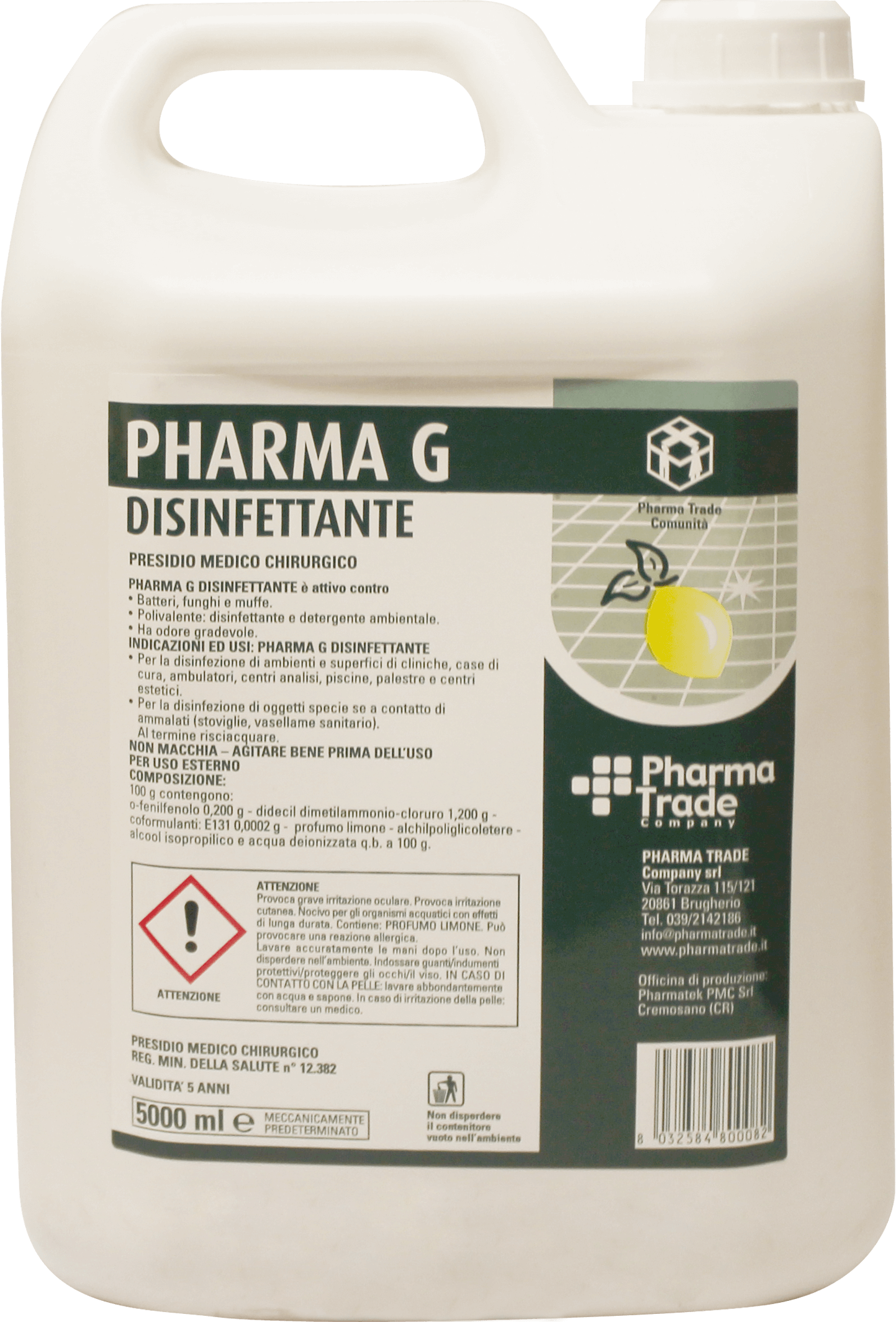
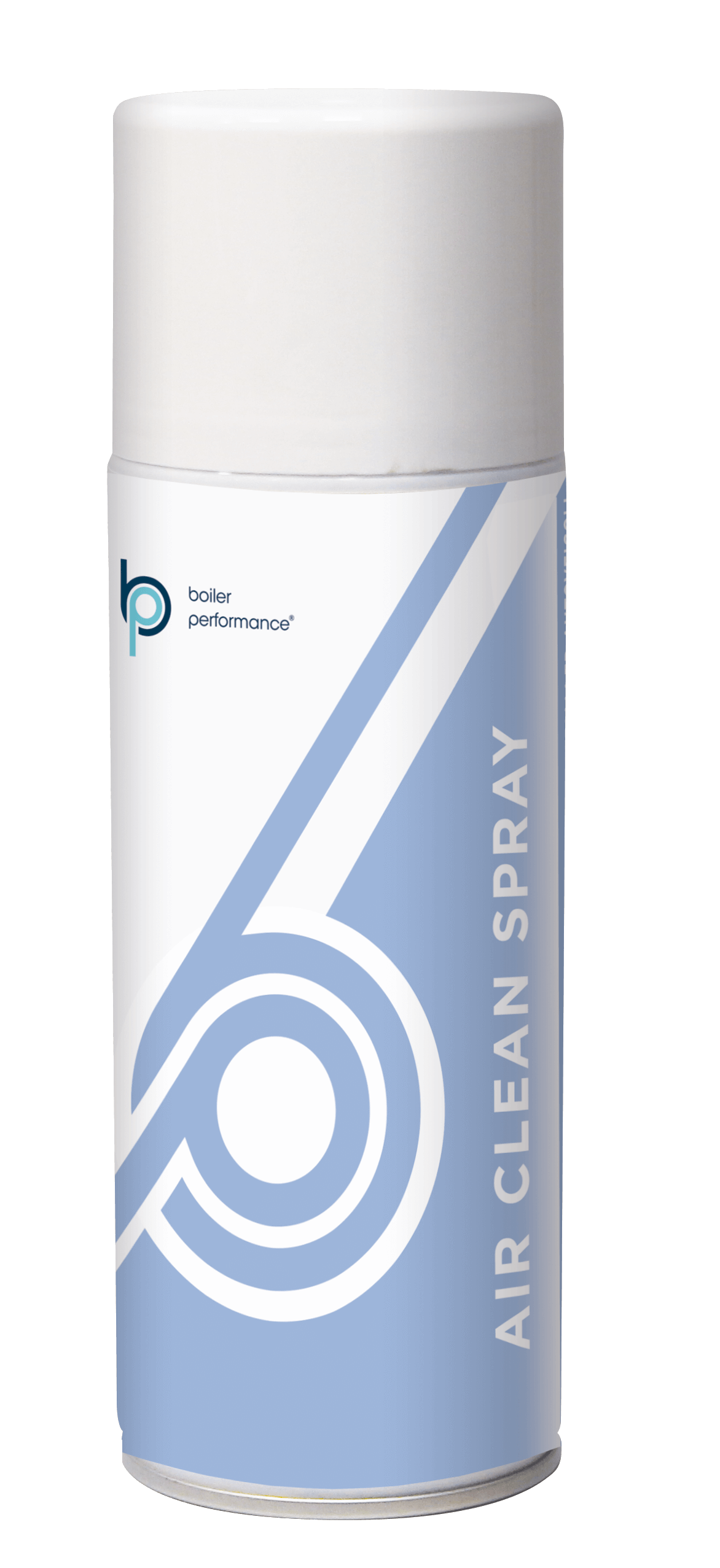
- Air Clean Spray 400 ml: cleanser with sanitising action specific for filters and batteries for civil and domestic air conditioners. Action against sludge, bacteria and mold. It does not require rinsing.
- Air Clean Liquid 10 e 20 L: cleanser with sanitising action for batteries and filters in cooling and air conditioning systems. Action against sludge, bacteria and mold. It does not require rinsing.
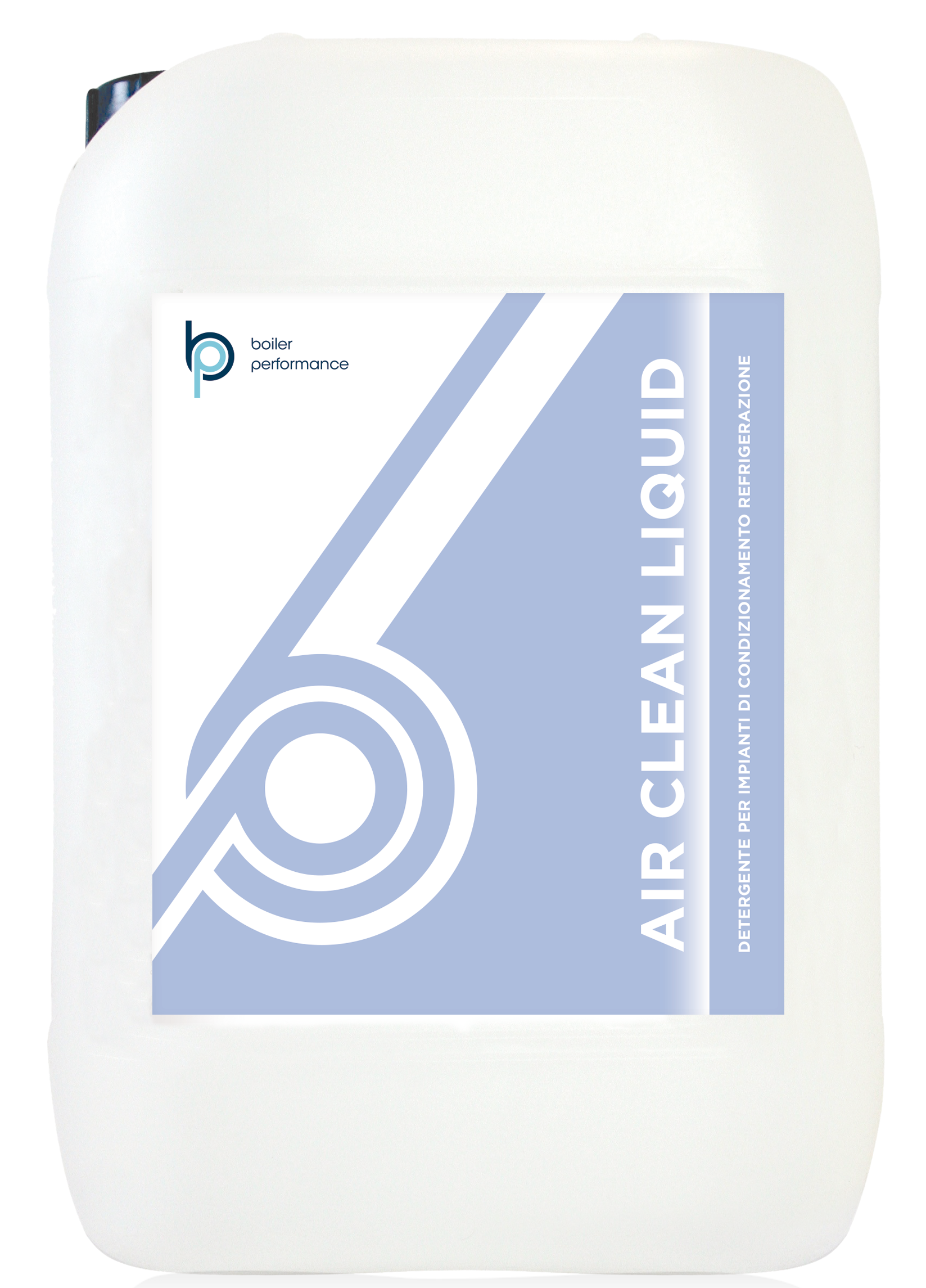
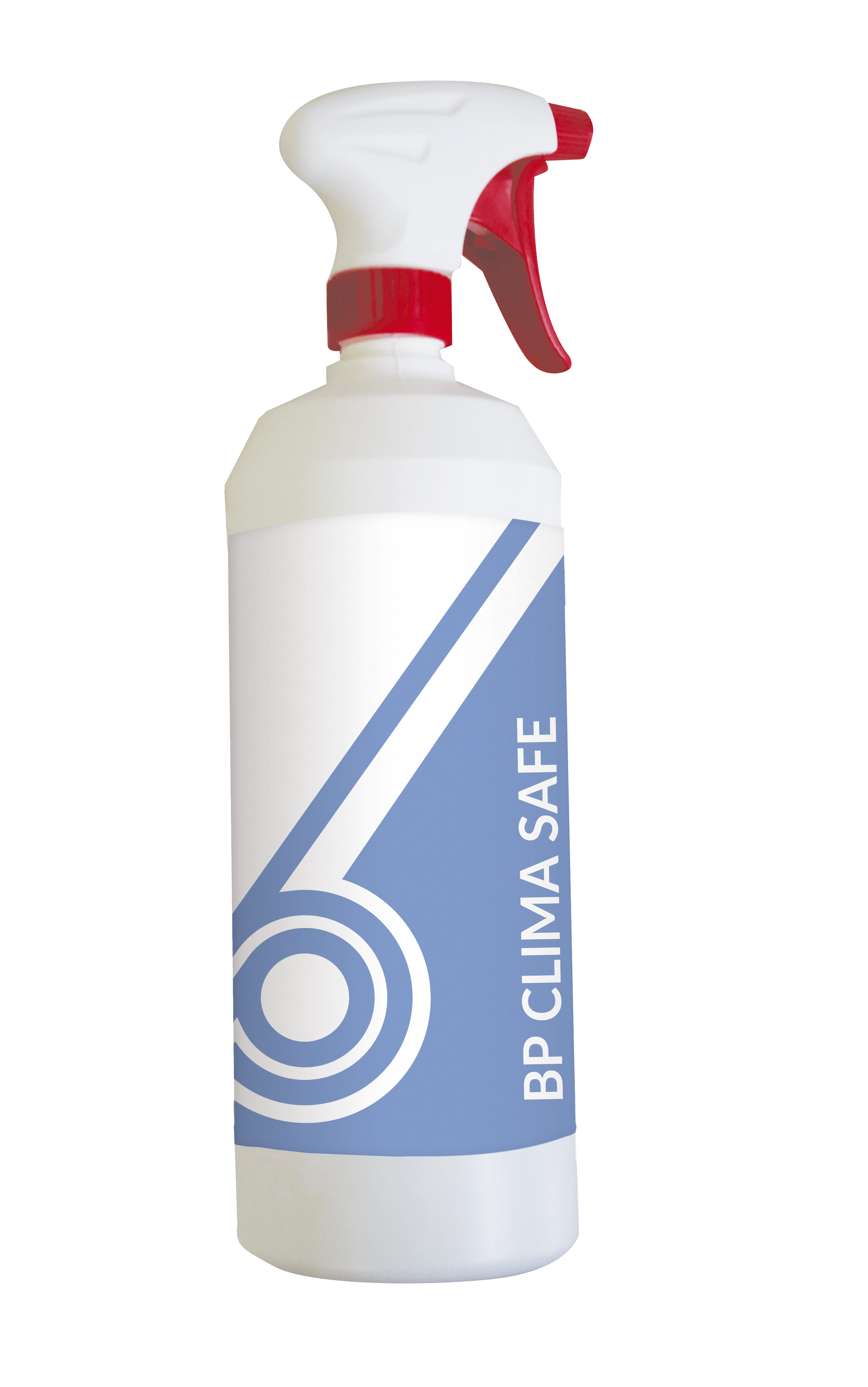
- BP Clima Safe 1 L with spray: cleanses, degreases and sanitises. To rinse
- AMO-clor 1 L wih spray: Sanitizing for all hard surfaces. Sanitizer for all washable surfaces. It does not require rinsing.
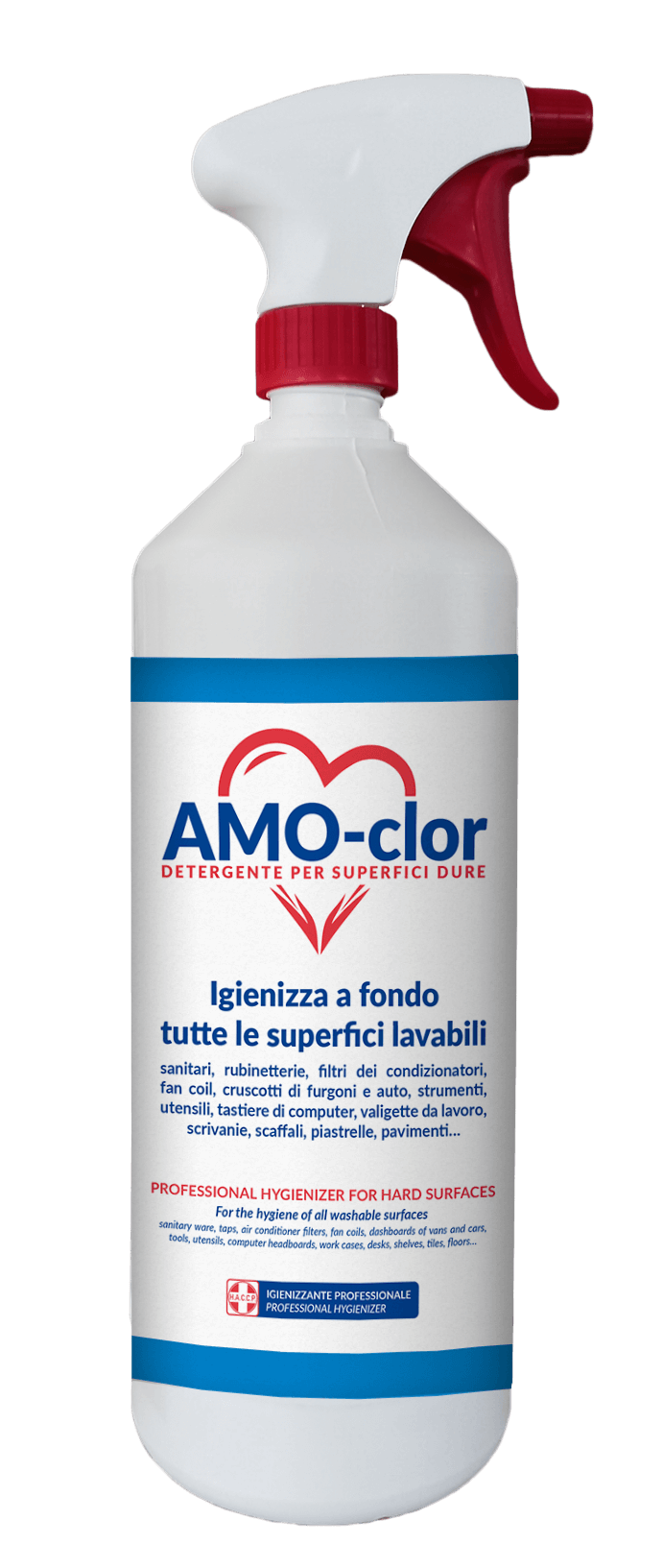
Summing up…
COVID-19 is a highly contagious virus, so, to keep it away, it is important to pay close attention to hand and surface hygiene, relying on specific products, and to follow the rules promoted by the Ministry of Health and WHO.
For more information, visit the Ministry of Health/WHO website.

